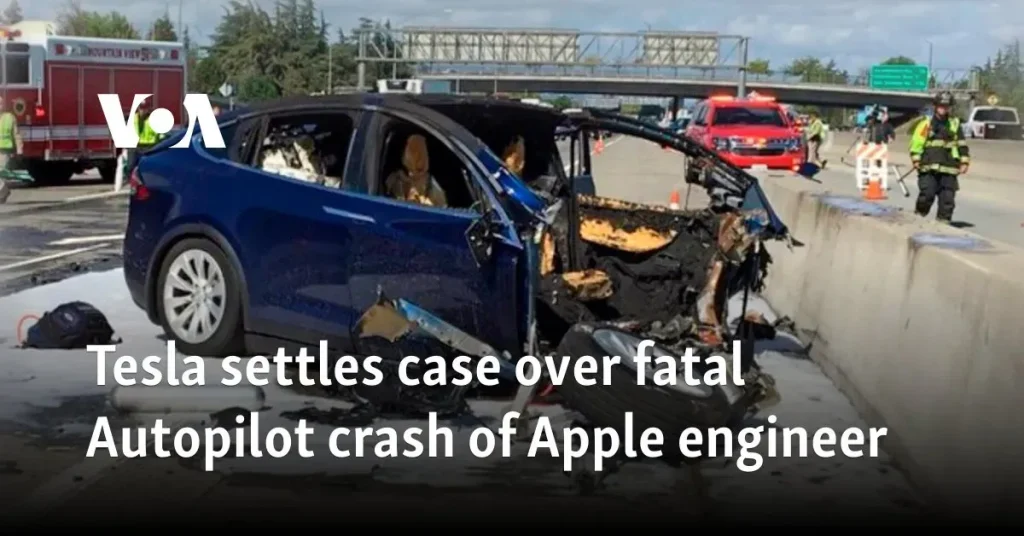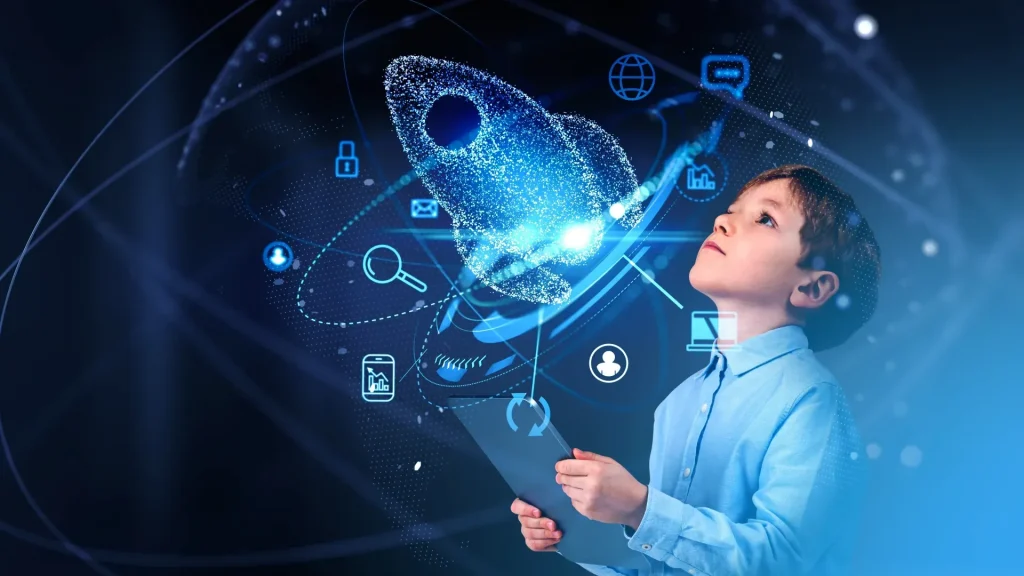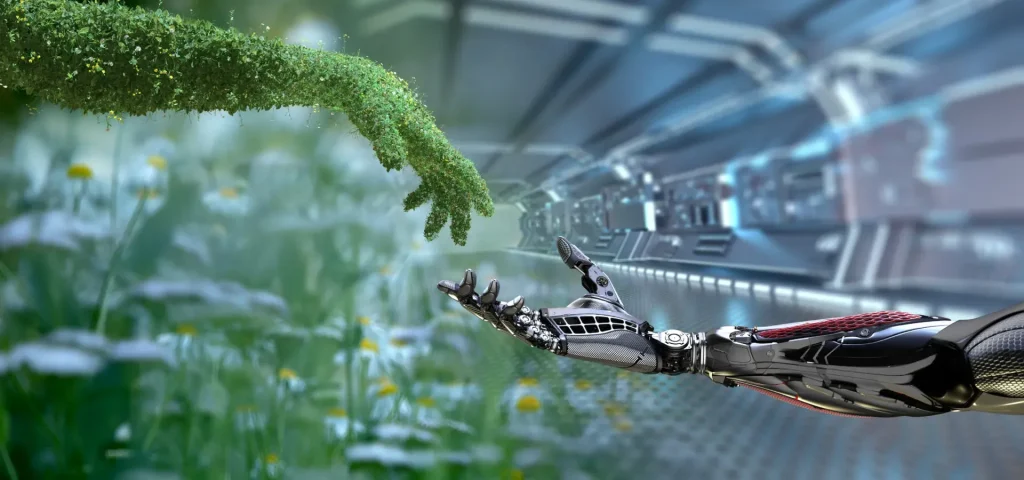In a landmark decision, the jury in Florida ruled that Tesla must pay a hefty portion of $329 million in damages related to a fatal Autopilot crash, significantly impacting the ongoing Tesla lawsuit news cycle. This verdict not only highlights critical Autopilot safety issues but also raises questions about vehicle technology liability in the face of increasing incidents involving autonomous driving systems. The case revolves around a tragic incident from 2019, where the driver, under the impression that the Enhanced Autopilot system would safely navigate, ended up in a devastating accident. Amidst ongoing scrutiny, Elon Musk’s Tesla faces a pivotal moment that could set a precedent for future rulings on driver behavior versus technology accountability. As the company prepares to appeal the Florida crash verdict, its implications could resonate across the landscape of autonomous vehicle litigation for years to come.
The recent jury ruling regarding the tragic crash involving Tesla’s self-driving technology marks a significant moment in the discussion surrounding advanced vehicle automation. As controversies surrounding automated driving systems rise, this case reflects broader concerns about the responsibilities manufacturers hold in ensuring their technologies are safe and reliable. This incident, which has captivated public attention, connects deeply to the evolving narratives of vehicle automation and community trust in tech giants. With the stakes raised regarding how much accountability businesses must assume in the face of operator decisions, the fallout from the Florida ruling may trigger a wave of similar lawsuits aimed at assessing liability in modern vehicle incidents. As the conversation unfolds, the implications extend far beyond this single event, potentially reshaping the regulatory landscape for the future of autonomous driving.
Tesla Autopilot Crash Verdict and its Implications
The recent crash verdict against Tesla has sent shockwaves through the automotive and technology sectors. A Florida jury held Tesla partially liable for a fatal accident involving its Autopilot feature, determining that the company’s technology, despite its advanced capabilities, does not absolve it of responsibility in accidents that involve its vehicles. The jury concluded that the automaker must pay a staggering $329 million in damages, highlighting the gravity of liability in cases that blend vehicle technology and driver expectations. This ruling not only sets a legal precedent but also raises critical questions about the safety measures implemented by Tesla as it continues to innovate in the autonomous driving arena.
The verdict, which apportioned 33% responsibility to Tesla, reflects increasing scrutiny on the company’s claims regarding Autopilot’s capabilities. As discussed in the trial, Tesla argued that the driver, George McGee, misused the vehicle’s features by relying too heavily on the system. However, the jury’s decision suggests that the expectation for automated systems to function flawlessly under all conditions plays a significant role in determining liability in such cases. This could spur other legal actions against Tesla, as numerous other lawsuits regarding Autopilot mishaps are on the horizon, demanding attention from both the company and regulatory bodies.
Understanding Autopilot Safety Issues
The Autopilot safety issues surrounding Tesla’s technology have been a hot topic among regulators, safety advocates, and consumers alike. Following the Florida crash verdict, heightened concerns have emerged regarding the safety mechanisms in place to prevent misuse of the Autopilot system. Critiques of Tesla have pointed out that while the technology is marketed as a leap forward in vehicle automation, users may not fully understand its limitations. The fatalities involving Tesla vehicles under Autopilot raise alarms regarding how well the system can detect and react to obstacles in real time, particularly under less-than-ideal conditions.
Moreover, the National Highway Traffic Safety Administration (NHTSA) has been conducting ongoing investigations into Tesla’s Autopilot systems since 2021, aiming to evaluate the safety protocols and effectiveness of features designed to mitigate accidents. The result of this litigation underscores a growing need for clarity in how the technology functions and for stringent guidelines to regulate its use. This presents a critical juncture for Tesla as it navigates legal ramifications alongside its pursuit of leading the charge in vehicle technology.
Elon Musk and the Future of Tesla Following the Verdict
Elon Musk’s leadership has shaped Tesla into a household name and a formidable player in the electric vehicle market, but the recent ruling could prove challenging for the company’s branding and future business strategies. Amid ongoing investigations and lawsuits related to Autopilot, Musk faces the task of reinforcing consumer trust while navigating the turbulent legal landscape that comes with pioneering new technologies. How Tesla addresses this verdict could have lasting implications on its reputation in the market and influence investor confidence regarding its direction in autonomous vehicle technology.
Additionally, Musk has been proactive in positioning Tesla’s technologies as the forefront of future vehicle automation, yet this litigation raises critical questions about the company’s commitment to safety. If the company fails to manage its reputation effectively in light of this precedent, it may hinder its ambition of leading the driver-free future. Stakeholders and analysts will be closely observing how Tesla adjusts its safety protocols and public messaging as it continues to innovate under the shadow of this significant verdict.
Vehicle Technology Liability: The Legal Landscape
The evolving landscape of vehicle technology liability is increasingly influenced by high-profile cases like the Tesla Autopilot crash verdict. As autonomous driving features become commonplace, legal systems are grappling with how to allocate responsibility when accidents occur. This verdict demonstrates that juries may hold manufacturers accountable when their products, like Tesla’s Autopilot, are involved in fatal incidents. The implications of this ruling extend beyond just Tesla and may encourage other manufacturers to reevaluate their liability strategies regarding self-driving technology to prevent similar legal challenges.
Moreover, the discourse surrounding vehicle technology liability is likely to spur regulatory changes as lawmakers assess the adequacy of existing laws in governing new technologies. This could lead to stricter guidelines for manufacturers concerning how they advertise and engineer their automated systems. Moving forward, car manufacturers might need to implement more robust safety and user education protocols, ensuring drivers clearly understand the limitations and risks of their vehicles—especially in scenarios where automated features are engaged.
The Aftermath of a Fatal Crash: Legal and Financial Ramifications for Tesla
The aftermath of the fatal crash involving Tesla’s Autopilot has left the company with substantial legal and financial ramifications. The jury’s decision, mandating Tesla to pay nearly $242.5 million, not only reflects the immediate financial impact but also indicates potential long-term consequences for the brand’s reputation. Being accountable for a fatal accident can diminish consumer confidence, which is critical for a company that relies heavily on public perception and trust, especially as it seeks to market systems touted for their advanced safety features.
Financially, the payout may strain Tesla’s resources as it continues to invest in autonomous driving technology and expand production capabilities. The decline in share prices following the verdict illustrates market concerns over litigation risks, as investors weigh the prospects of Tesla’s future amidst ongoing scrutiny of its Autopilot system. This verdict could serve as a wake-up call for Tesla and other technology companies: they must prioritize transparency, safety, and accountability to sustain consumer trust and foster a safe environment in the rapidly evolving vehicle technology landscape.
Plaintiffs’ Counsel’s Critique of Tesla’s Autopilot Design
The verdict has placed a spotlight on the criticism leveled by plaintiffs’ counsel regarding the design and marketing of Tesla’s Autopilot system. The legal team argued that the company inadequately restricted the use of the system, allowing drivers to engage it in conditions that it may not handle safely. The assertion that Tesla’s marketing could mislead consumers about the system’s capabilities raises significant concerns about the ethical responsibilities of technology companies in promoting automated systems.
Furthermore, the outcome of this case could signal to other manufacturers the importance of addressing safety concerns proactively and ethically. This verdict illustrates that clear communication regarding the limits of vehicle technology is paramount not just for consumer awareness but to mitigate legal liabilities arising from accidents. Enhanced safety protocols, transparent marketing, and improved user education might be necessary steps for manufacturers striving to achieve public confidence in their autonomous technologies.
NHTSA Investigations: Ongoing Challenges for Tesla
The repercussions of the Tesla crash verdict are compounded by ongoing investigations by the National Highway Traffic Safety Administration (NHTSA). Since 2021, the agency has scrutinized Tesla’s Autopilot systems, assessing potential safety defects and evaluating whether Tesla has taken adequate measures to address past issues. The jury’s ruling may intensify these investigations, as federal regulators seek to establish clearer guidelines to ensure that autonomous vehicle technologies are safe for public use.
These investigations could bring about stricter regulations governing the deployment of automated driving features in Tesla vehicles. As safety remains a paramount concern for regulators, it is essential for companies like Tesla to remain transparent and responsive to federal inquiries. The outcomes of these evaluations could significantly influence Tesla’s operational practices and safety policies, ultimately shaping the future of automation in the automotive industry.
Investor Sentiment in Light of Legal Challenges Facing Tesla
The recent legal challenges facing Tesla, particularly the recent crash verdict, have caused a notable shift in investor sentiment. After the jury’s decision, Tesla shares experienced a decline, raising alarms over how persistent legal battles could undermine the company’s growth potential. Investors are likely weighing the potential financial impact of this lawsuit against Tesla’s long-term trajectory in the electric vehicle market, especially as it seeks to expand its foothold in the autonomous driving sector.
Stakeholders are now more concerned than ever about the implications of legal liabilities that may arise from the use of Autopilot technology. As more lawsuits emerge in the wake of the verdict, investors will be closely monitoring how Tesla manages these issues and their potential to affect the company’s market valuation. The convergence of legal accountability and corporate strategy will be critical for Tesla as it strives not only to innovate but to reassure its investors of sustainable profitability in the electric and autonomous vehicle markets.
Frequently Asked Questions
What is the recent Tesla Autopilot crash verdict in Florida?
The recent Tesla Autopilot crash verdict in Florida determined that Tesla must pay a portion of $329 million in damages after a jury found the company partly liable for a fatal crash involving its Autopilot system in 2019. The jury assigned 33% responsibility to Tesla and awarded $129 million in compensatory damages and $200 million in punitive damages.
How does the Tesla lawsuit news impact the company’s liability regarding Autopilot safety issues?
The Tesla lawsuit news regarding the Autopilot crash verdict highlights the company’s legal liabilities concerning Autopilot safety issues. The jury’s decision to hold Tesla partly responsible suggests potential challenges for the company in future cases about its vehicle technology and the safety of the Autopilot system, particularly as lawsuits related to similar incidents continue to arise.
What role did Elon Musk play in the Tesla Autopilot crash incidents?
Elon Musk, as CEO of Tesla, has been at the forefront of promoting the company’s Autopilot technology. His statements and positioning of Tesla as a leader in autonomous vehicle technology may influence public perception and legal outcomes related to Tesla Autopilot crash incidents, as courts weigh the company’s marketing claims against evidence from crash cases.
What are the implications of the Florida crash verdict on Tesla’s future in vehicle technology?
The Florida crash verdict could have significant implications for Tesla’s future in vehicle technology. With legal accountability for Autopilot safety issues publicly established, the ruling may affect Tesla’s reputation and market position, potentially giving rise to stricter regulations and impacting the company’s autonomous technology development.
What actions is Tesla planning to take following the Autopilot crash verdict?
Following the Autopilot crash verdict, Tesla has announced plans to appeal the jury’s decision, maintaining that the driver was solely responsible for the accident and arguing against the portrayal of its Autopilot technology as defective or deceptively marketed.
How does the jury’s ruling on Tesla’s Autopilot influence ongoing NHTSA investigations?
The jury’s ruling on Tesla’s Autopilot is likely to influence ongoing NHTSA investigations into potential safety defects associated with the technology. The verdict underscores the scrutiny Tesla’s Autopilot systems are under, as regulators and the public become increasingly concerned about the safety and reliability of autonomous driving technologies.
| Key Point | Details |
|---|---|
| Verdict Summary | A Florida jury ruled that Tesla must pay $329 million in damages due to a fatal Autopilot crash. |
| Construct of Damages | Total damages include $129 million in compensatory damages and $200 million in punitive damages. |
| Responsibility Assignment | Tesla was assigned 33% responsibility for the crash, totaling around $242.5 million in liabilities. |
| Driver’s Actions | George McGee, the driver, claimed the Autopilot would brake automatically, but did not intervene when sending a message. |
| Ongoing Investigations | NHTSA investigations into Tesla’s Autopilot systems have been active since 2021. |
| Future Implications | This case may set a precedent for future cases involving Tesla Autopilot technology and related lawsuits. |
| Market Impact | Tesla’s shares dropped slightly post-verdict, indicating investor concerns about legal implications on future operations. |
Summary
The Tesla Autopilot crash verdict has significant implications for the company and the autonomous vehicle industry. This ruling mandates that Tesla pays a substantial portion of damages associated with a fatal crash, highlighting the ongoing scrutiny of their Autopilot technology. As Tesla prepares to appeal the decision, the outcome may influence similar cases in the future and shape the regulatory landscape around autonomous driving. Investors reacted by showing concern over the ruling’s potential impact on Tesla’s market performance, as the company faces increasing scrutiny and legal challenges regarding its technology.



